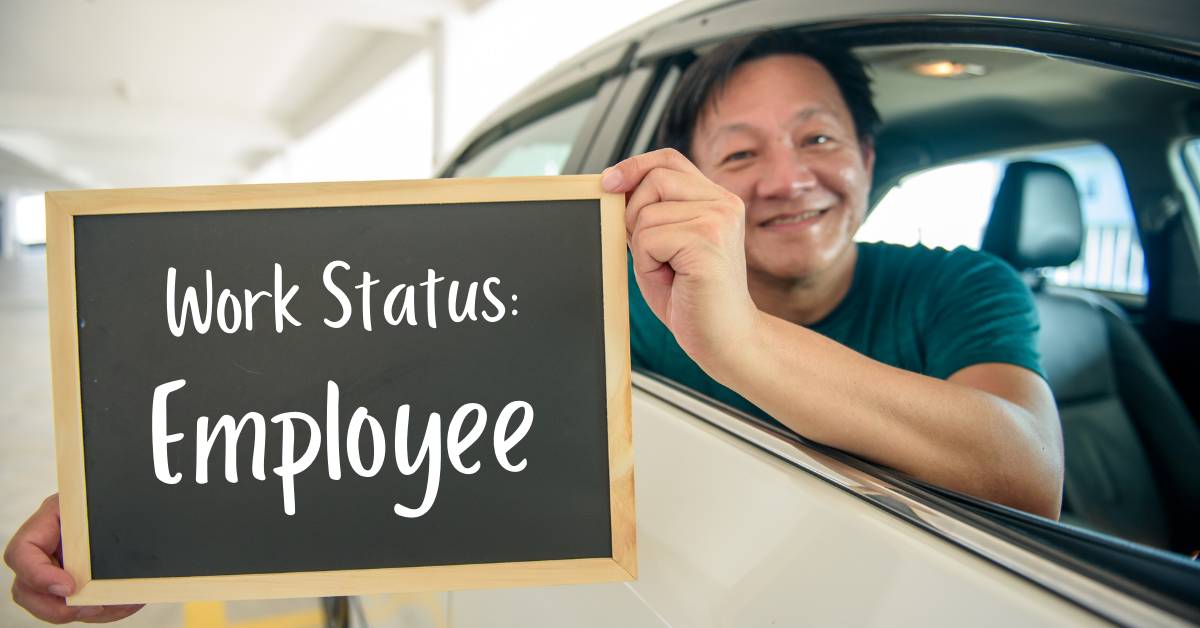
DOL Finalizes Rule on Independent Contractors
The U.S. Department of Labor has issued a final rule on the standard for determining a worker’s employment status. In this rule, the DOL provides examples and methods for determining an individual’s employment classification under the Fair Labor Standards Act. This new rule hopefully puts an end to long-running employment disputes between popular service providers like Grub Hub, DoorDash, Uber, Lyft, and others.
Final Ruling
In this final rule, the Department of Labor:
- Will utilize an “economic reality” test to determine whether an individual is in business for themselves (Independent Contractor) or is economically dependent on a potential employer for work (FLSA Employee).
- Identifies and explains two “core factors” that are most probative to the question of whether a worker is economically dependent on someone else’s business or is in business for themselves:
- The level of control an individual can exercise over their work.
- The worker’s opportunity for profit or loss based on their initiative and/or investment.
- Identifies three other factors that may serve as additional aides, particularly in the event of the two core factors not pointing to the same classification.
- The amount of skill required for the work.
- The degree of permanence of the working relationship between the worker and potential employer.
- Whether the work is part of an integrated unit of production.
- The actual practice of the worker and the potential employer is more relevant than what may be contractually or theoretically possible.
- The Department of Labor explains that the actual practice of the relationship is more important than any contractual or theoretical determination. This means even if a contract labels a worker as an independent contractor, the worker may be classified as an employee under the Fair Labor Standards Act.
Employment Disputes… Nothing New
Employment disputes regarding independent contractor status are certainly nothing new. In fact, popular service providers like Uber, Lyft, Grub Hub, and DoorDash have all been involved in litigations pointing out their exploitations of independent contractors.
In September of 2015, a lawsuit was filed in San Francisco Superior Court against DoorDash, Grub Hub, and Caviar. The lawsuit claimed the food delivery companies misclassified their drivers as independent contractors. In one example of the settlement, DoorDash was ordered to pay class members of the lawsuit $3.5 million, also agreeing to pay an additional $1.5 million in four years or when one of these three things happen: (1) They go public, (2) The company is profitable for a full year, (3) Or some other company acquires them at double its current valuation.
As recent as 2020, a California judge ruled that Uber and Lyft must classify their drivers as employees in a stunning preliminary injunction. The case dragged on for over four years until Uber was ordered to classify as many as 160,000 drivers as employees. A week prior, California’s labor commissioner alleged that the companies were stealing wages from drivers by refusing to classify them as employees.
Michigan Employment Law | Fausone & Grysko, PLC
For many years, workers and states have had to foot the bill when big businesses try to skip out on their responsibilities. With this new weighted factor test, the Department of Labor has provided courts, employers, employees, and contractors with a clear standard for approaching classifications.
What are your thoughts on this guidance?
